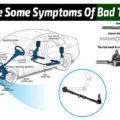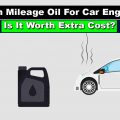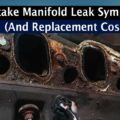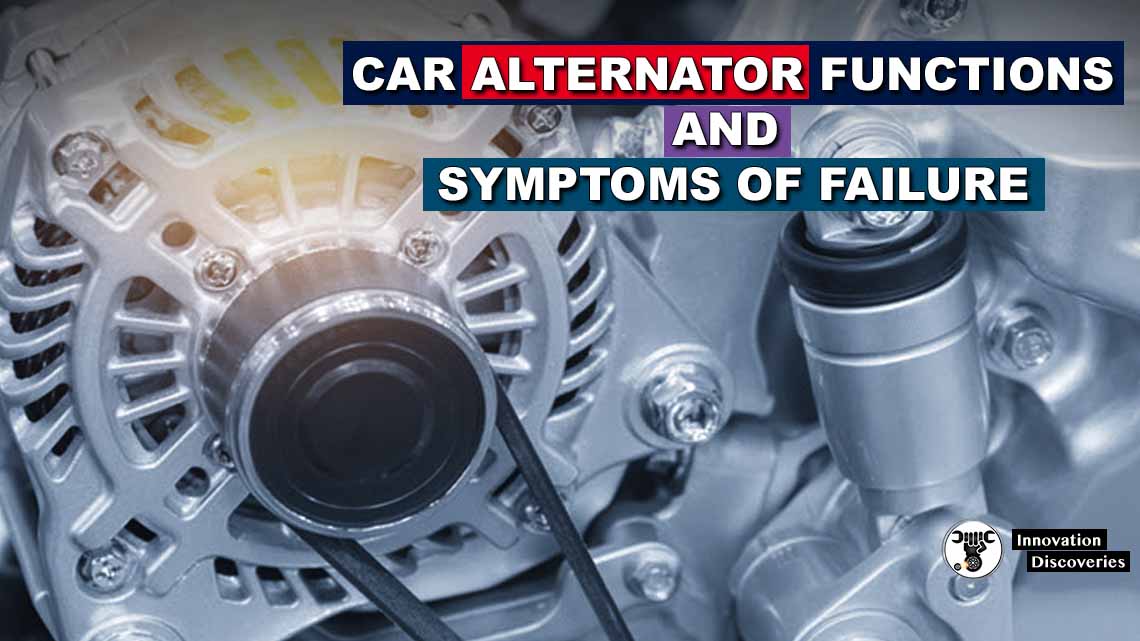The internal combustion engine contains many small metal components;
Which move in harmony with one another.
That is why when one of these components wears out or fails,
It causes all the other components to be thrown off course.
What’s worse is that the engine will suffer a lot of damage once this happens.
You could be driving along one day and have your car engine just seize up out of the blue. This will indicate that one or more of your internal components are locking up
And not moving. Because of this, the crankshaft cannot move the bearings.
So, why does the engine seize like this? Well, it usually comes down to engine components that have either welded together or overheated. The most common components include the piston rings, pistons, and rod bearings.
Also, read – IC ENGINE: COMPONENTS AND THEIR FUNCTIONS, TYPES, AND TERMINOLOGY
It is hard to repair these problems after they’ve occurred. You may end up having to replace your entire engine. That, of course, will mean spending thousands of dollars
That you probably don’t even have available.
Top 3 Symptoms
Fortunately, a seizing engine will not mean it is already destroyed. There are some symptoms that you should recognize as early warning signs.
If you can spot them early on,
You may have time to take your vehicle to the auto mechanic and,
Have them fixed the problem before it causes worse problems for the engine.
Below are the top 3 symptoms of a car engine seizing up.
Check Oil Light
If your engine components are locking up,
It will hinder the circulation of oil. Your engine controls unit will immediately detect something is wrong with the oil flow once this happens. In response, the unit will activate the “Check Oil” light on the dashboard. Some vehicles share this warning light with the “Check Engine” light,
So, you may have either or both lights come on.
Weak Acceleration
You cannot have a seizing engine and still be able to drive your vehicle normally. When your engine begins to seize, you can expect its performance to diminish.
This means that each time you step on the gas pedal to accelerate your vehicle,
You are probably not going to go as fast as you normally would. You may not be able to pick up speed at all.
It will eventually get to the point where your engine won’t accelerate and
Then your car will just stop for good.
Knocking Sounds
During a seizing engine situation,
The piston rod knocks against the crankshaft. This will happen repeatedly, causing knocking sounds to be heard. The sounds will continue to become louder and;
Worse unless you address the problem fast.
Also, read – How Super Knock Can Destroy Modern Engines
Read More:






One Comment